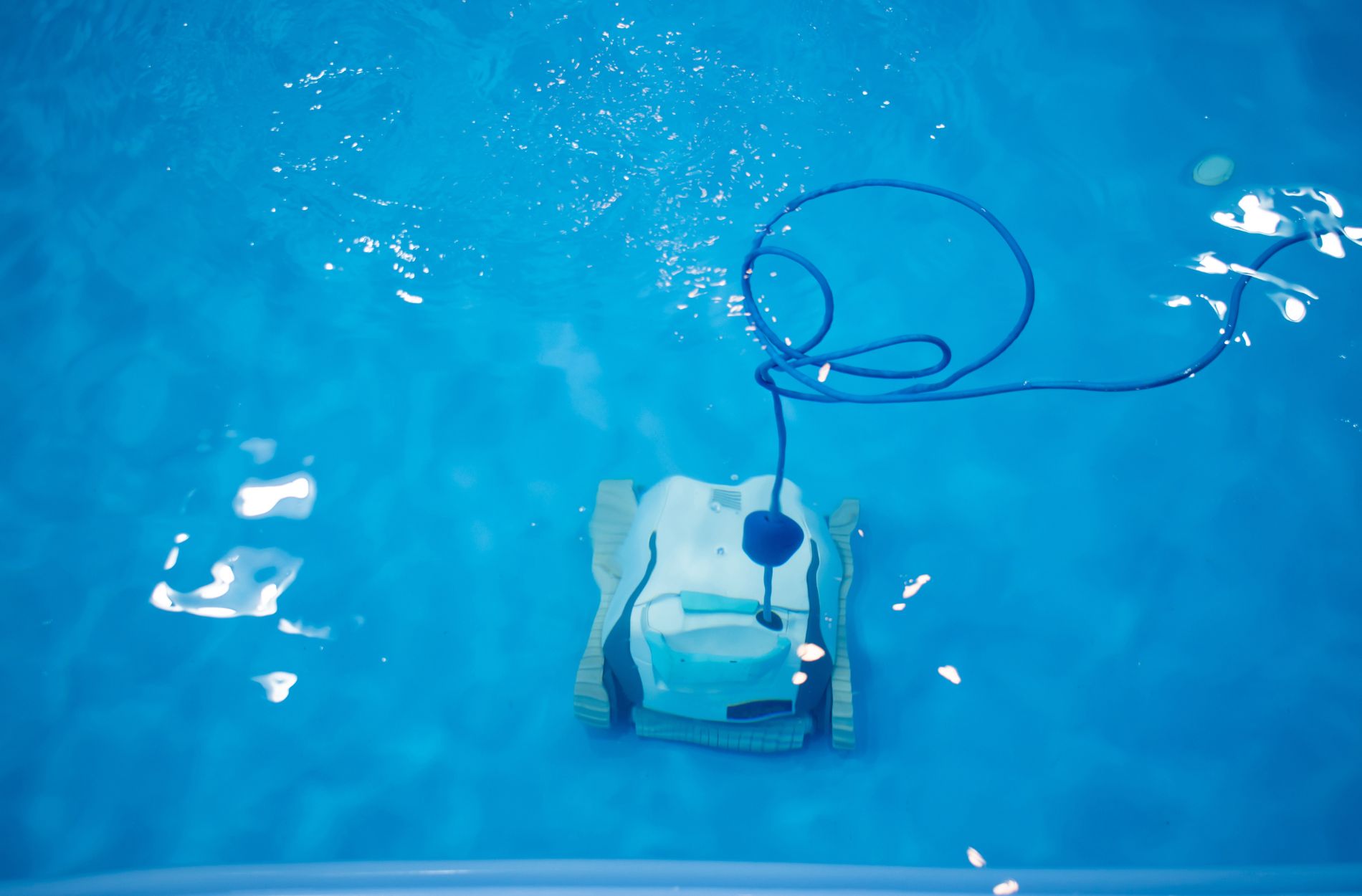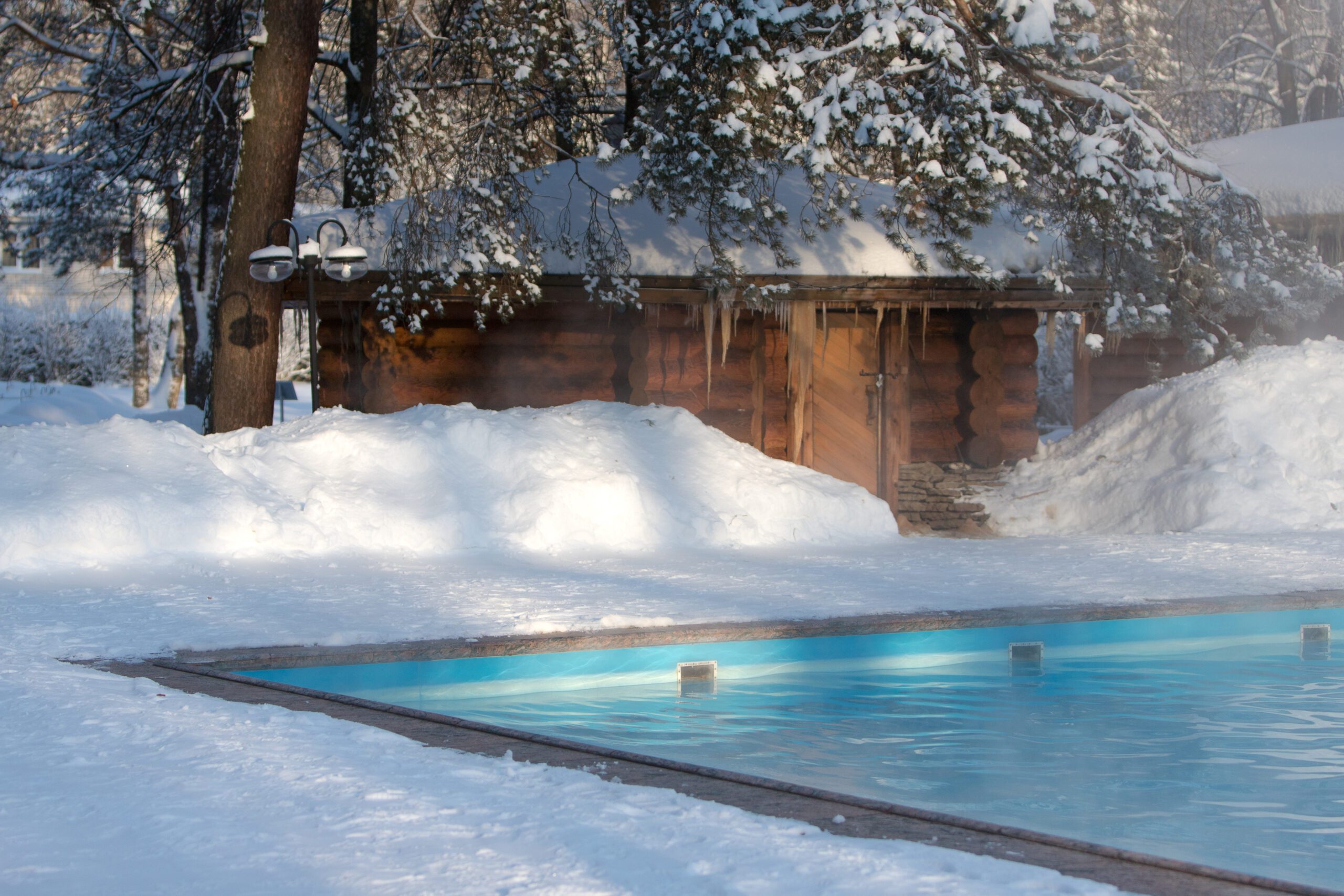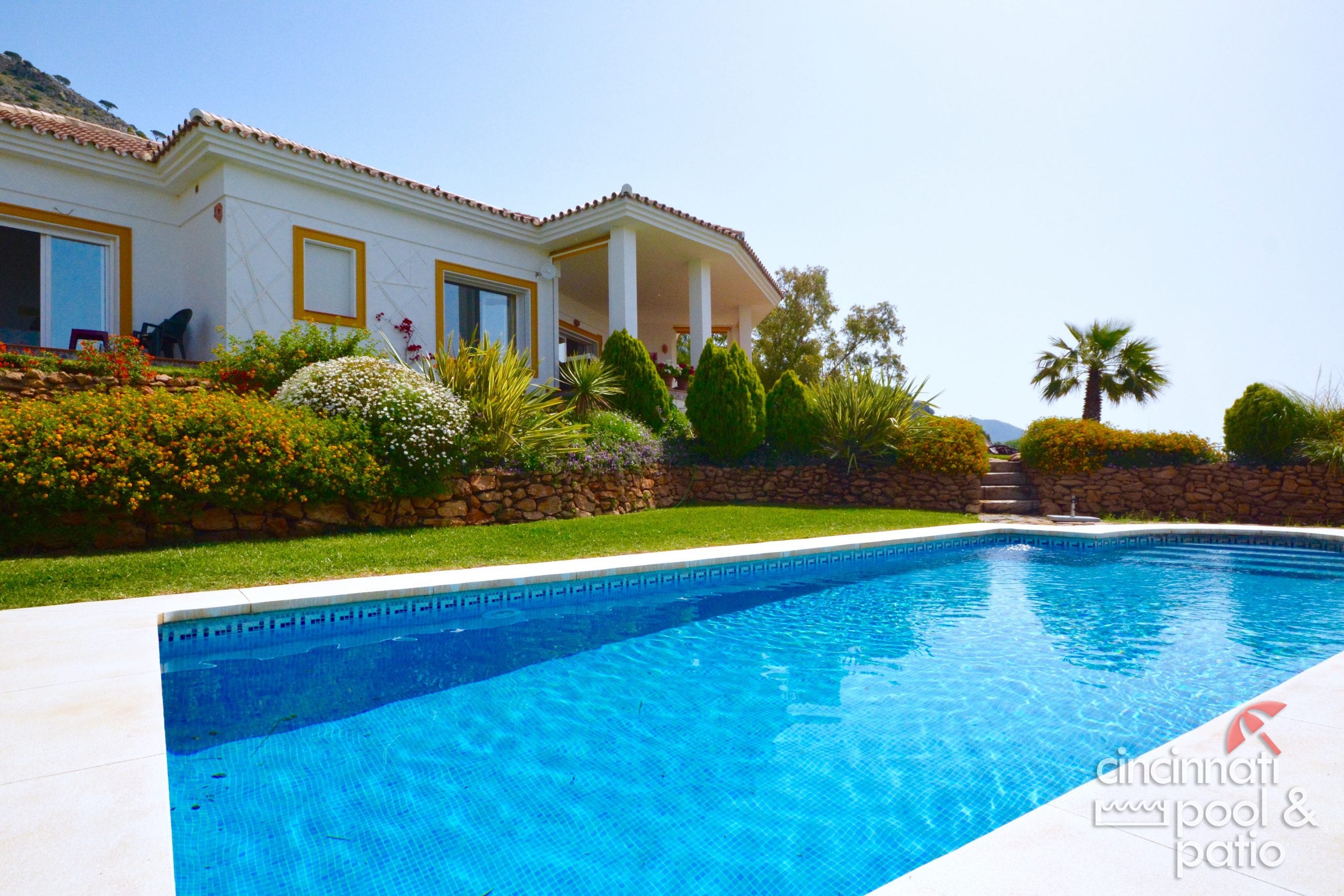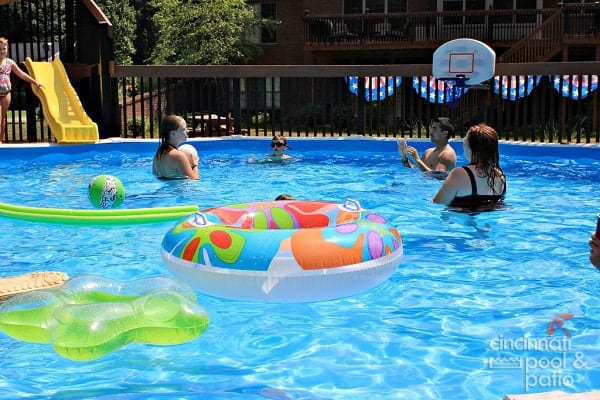Transforming your backyard into a relaxation oasis starts with a well-maintained pool. To enhance your swimming experience, consider investing in various pool accessories that contribute to fun, convenience, and safety. These additions can make your pool a go-to destination for family and friends, creating unforgettable memories during warm summer months.
Located in Cincinnati, Ohio, Cincinnati Pool & Patio (CPP Cincy) offers a diverse selection of pool and patio products designed to help you maximize your backyard living experience. Our experts can guide you in choosing the right accessories tailored to your specific needs, ensuring you get the most out of your pool investment.
In this article, we will explore the top five essential pool accessories that every pool owner should consider adding to their backyard oasis. We’ll discuss each accessory’s benefits, helping you make informed decisions that can genuinely enhance your swimming pool experience. The list includes options that cater to various preferences and budgets, ensuring there’s something for every pool owner to consider. From improved safety measures to fun-filled features, these pool accessories are worth investing in.
1. Automatic Pool Cleaners: Simplify Your Pool Maintenance Routine
One of the many challenges pool owners face is keeping the pool clean and debris-free. Automatic pool cleaners, such as robotic pool cleaners or suction side cleaners, can save you significant time and effort by streamlining this essential task:
– Robotic pool cleaners: These self-contained units are energy-efficient and work independently from your pool’s filtration system. They scrub and vacuum your pool’s floor, walls, and steps, collecting debris in a built-in filter bag.
– Suction side cleaners: Powered by your pool’s circulation system, these cleaners attach to your skimmer or dedicated suction line, navigating around your pool while vacuuming the floor and walls. Debris is then deposited into your pool’s filter system.
When choosing the right automatic pool cleaner for your needs, consider factors such as pool size, shape, surface type, and budget. Consult with a pool professional, like those at Cincinnati Pool & Patio, for personalized recommendations.
2. Solar Pool Covers: Retain Heat, Save Energy, and Reduce Evaporation
Another essential pool accessory is the solar pool cover, which offers various benefits, including heat retention, reduced energy consumption, and limited water evaporation:
– Heat retention: Solar pool covers capture heat from the sun and transfer it to the water, raising your pool’s temperature without relying solely on a heater. This can be a significant money-saver, especially during the cooler months or if you run a pool heater frequently.
– Reduced evaporation: By placing a solar cover over your pool when not in use, you limit water evaporation, helping to conserve both water and the chemicals needed to maintain water balance.
– Energy savings: Solar pool covers provide a cost-effective way to heat your pool, reducing your reliance on energy-consuming heating methods. In turn, you’ll save on energy costs while making an eco-friendly choice for your backyard oasis.
Be sure to select a solar cover suited for your pool’s shape and size, and look for options with UV-stabilized material for added durability.
3. Safety Equipment: Prioritize the Well-being of Swimmers
Ensuring the safety of everyone who uses your pool is of utmost importance. Investing in essential safety accessories can help prevent accidents and provide peace of mind for you and your guests:
– Pool safety fences: Installing a safety fence around your pool can prevent unsupervised children or pets from accidentally falling into the water. Look for fences made of durable, weather-resistant materials, and make sure they meet local code requirements.
– Pool alarms: Installing pool alarms can alert you if a person or object enters the water. Options include surface wave alarms, underwater motion alarms, and wearable alarm systems for children.
– Anti-slip surfaces: Equip the areas around your pool, such as pool decks, steps, and diving boards, with anti-slip surfaces to prevent slips and falls on wet surfaces.
Discuss your safety needs and concerns with a pool expert to determine the most appropriate combination of safety equipment for your pool.
4. Fun Accessories: Add Excitement and Entertainment to Your Pool
Pool accessories can greatly enhance the overall swimming experience, providing hours of enjoyment for swimmers of all ages. Consider adding these fun features to your backyard oasis:
– Pool slides: Incorporate a pool slide for an exciting and visually appealing addition to your pool area. Ensure slides meet safety standards and are designed for the appropriate age range of your swimmers.
– Water features: Water features such as fountains, bubblers, or waterfalls can add a touch of elegance and relaxation to your pool experience, offering both visual appeal and soothing sounds.
– Underwater lighting: Installing underwater lights can create a stunning ambiance for nighttime swimming while also enhancing safety by improving visibility.
Choose fun accessories that cater to the interests and needs of your family and friends to ensure a memorable swimming experience.
Conclusion
By integrating these essential pool accessories into your backyard oasis, you can significantly enhance the enjoyment, convenience, and safety of your swimming pool experience. From effortless maintenance with automatic pool cleaners to child-friendly fun with pool slides, investing in these accessories ensures a summer filled with unforgettable moments.
Are you inspired to upgrade your pool with the perfect pool supplies in Cincinnati, Ohio? Cincinnati Pool & Patio is here to help you make informed decisions tailored to your pool type, preferences, and needs. Explore our online selection to find everything you need to create your ideal pool experience for years to come.






